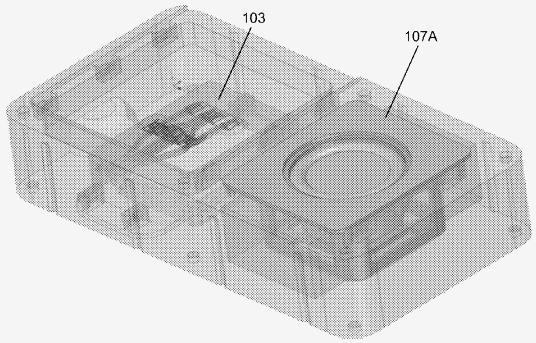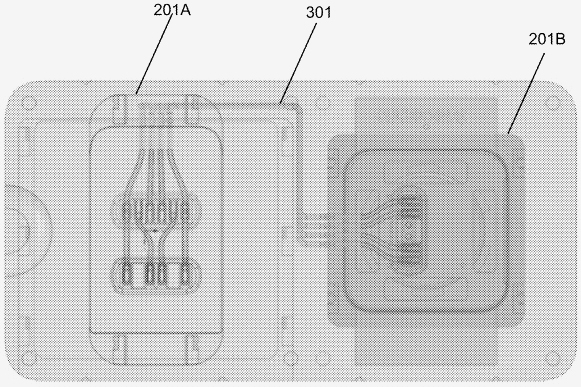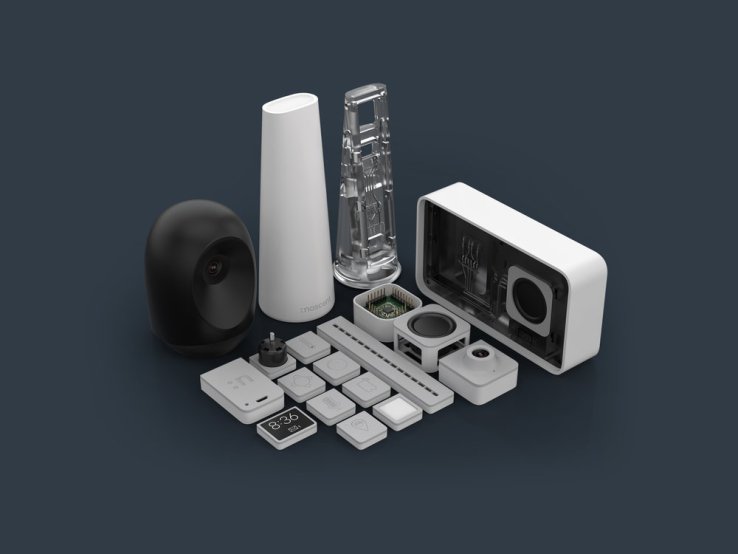
Facebook’s first foray into the smartphone industry wasn’t exactly a resounding success. Launched in early 2013, the HTC First – dubbed by many as the Facebook Phone – was discontinued after just a month or so on the market due to poor sales and classified as one of the biggest tech failures of the year.
The Facebook Phone was a half-assed effort at best. Rather than commit to developing its own hardware or even a custom operating system, the social network’s only real contribution to the device was adding a layer atop Android that made it easier to access its various services.
A recently published patent application has some in the media thinking Facebook may be preparing its sophomore effort. I disagree.

The patent in question describes a “modular electromechanical device” that can be paired with items like a touch display, GPS, speakers, a microphone and more. That sounds a lot like a smartphone although the illustrations accompanying the patent filing don’t really resemble a modern handset.
If it’s not a smartphone, then what is it?

Facebook last September purchased Nascent Objects, a small start-up based in California that developed an ecosystem of modular electronic devices. The renderings in Facebook’s latest patent look an awful lot like the type of stuff Nascent Objects used to work on. If I had to guess, this is probably a continuation of Nascent Objects’ work in the modular field – perhaps a rapid prototyping device to help designers and makers go from concept to testing / shipping a product or some other consumer device to help reduce e-waste.

The device could also be a cloud-connected IoT gadget or maybe a personal digital assistant although personally, the form factor doesn’t seem to support either of these scenarios.
Whatever it is, it isn't a smartphone.
https://www.techspot.com/news/70242-no-facebook-isnt-making-modular-smartphone.html